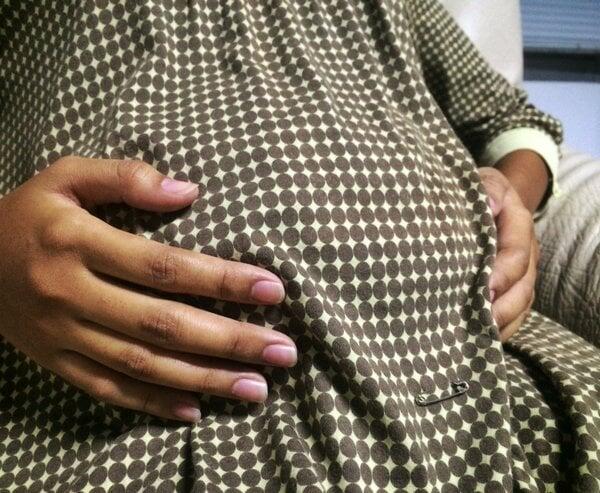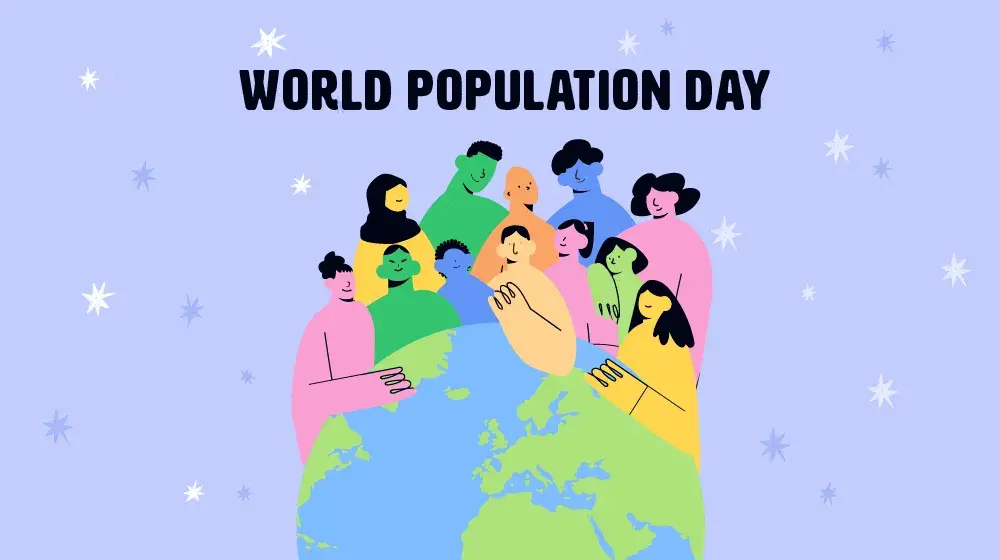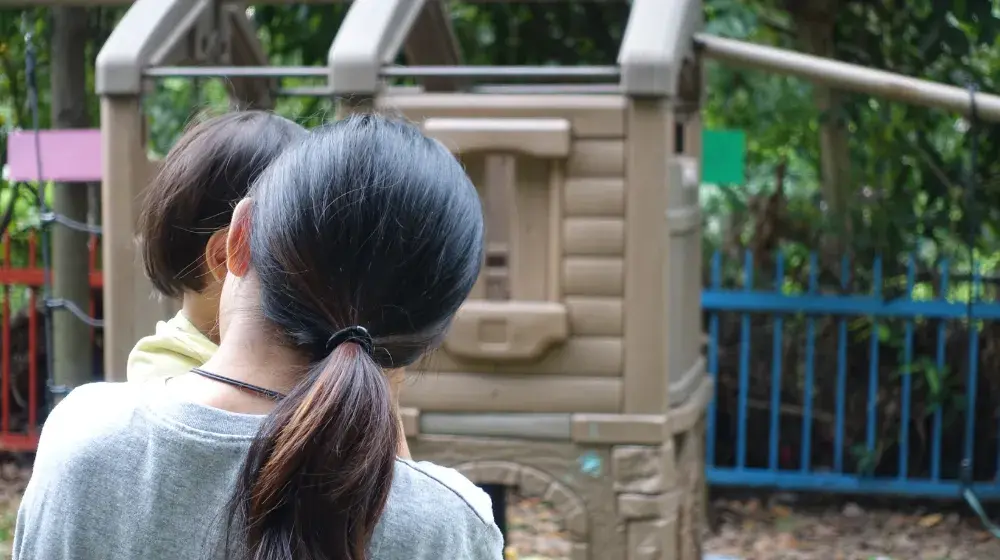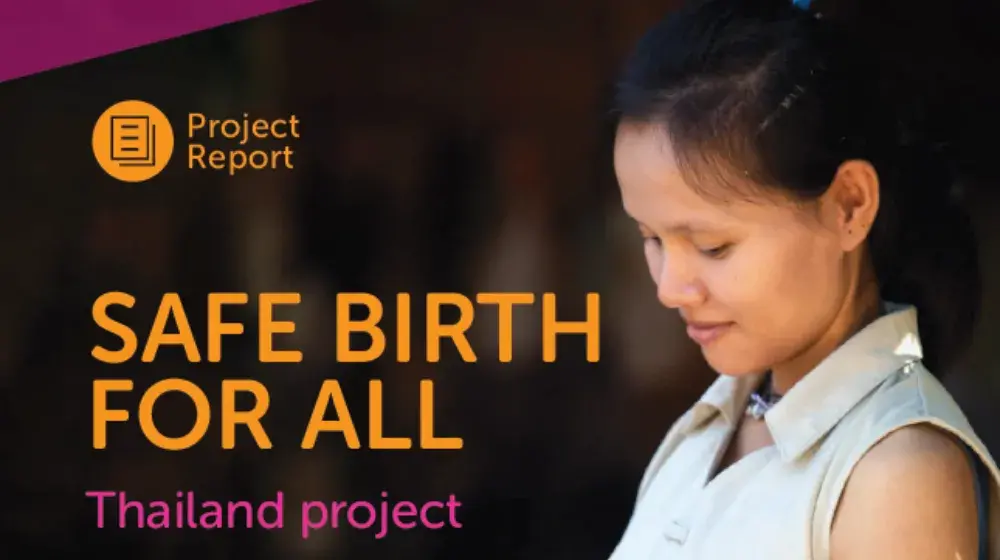As UNFPA calls for greater investment in teenage girls to mark World Population Day 2016, Thailand enacts a new law to tackle high rates of teenage pregnancy.
Bangkok, Thailand – For 18-year-old Patty* childhood was tough. After years of abuse at the hands of her father desperation finally drove her into the arms of a much older man, when she was just thirteen.
“I didn’t know what to do, so I tried to find comfort away from home with a boyfriend,” Patty recounts. “At first it was okay living with him, but I was still young, so I didn’t pay much attention to getting pregnant or to unprotected sex.”
By her fourteenth birthday, Patty was pregnant, triggering yet more violence against her, this time from her boyfriend
“My dad pressed charges against him [for sex with a minor] and my boyfriend blamed me for it, so he started hitting me. I realized then that I moved from one problem to another.”
Patty fled again, and was forced to quit school. For the next two years, first while pregnant and later with her newborn son, she moved between her abusive father, boyfriend and state-run shelters.
“I needed a place to stay. I needed shelter,” she says.
It was at a government-run shelter in northern Bangkok where she first heard about the ‘Emergency Home’ for young mothers that is run by Thailand’s Association for the Promotion of the Status of Women (APSW) with support from the United Nations Population Fund (UNFPA).
The Emergency Home provides food, shelter and medical care, but also gives classes, vocational training, counselling and social support to help teen mothers take care of their babies, get back into school or find work, and to re-join their families and communities, that far too often shun them.
“Before I moved here I always felt pressured. I wasn’t myself and I was always suspicious," Patty says. "Now I have some peace of mind and feel more like myself, but the most important thing is that I can be with my son in safety.”
Nattiya (Kat) Thongsrikate, Director of the Emergency Home, explains that the shelter aims to help the most vulnerable young mothers in and around Bangkok. “On any given day we support between 80 or 90 girls. About half of them are under the age of 20,” she says.
Landmark law
Despite a rapidly aging population, Thailand’s teenage birth rate remains high. Over one million babies were born to teen mothers over the last 15 years, with a 31% increase from 2000 to 2014. The average age of pregnant teenagers continues to fall year on year. In response, the government’s new ‘Prevention and Solution of Adolescent Pregnancy Problem Act,’ set to take effect in July 2016, aims to bring down teen pregnancies in ten years and better help Thailand’s hundreds of thousands of teenage mothers.
Developed with UNFPA support, the new law states that all young people between 10 and 19 years of age must have access to services and information on sexual and reproductive health, both at school and at work, and that pregnant teenagers can access proper care and advice and are able to stay in school.
The law also calls for vocational training to be made available to teen mothers to help them find work. A special committee, chaired by the Prime Minister, will coordinate the implementation and report back to the Cabinet once a year.
“We can’t stop teenagers having sex, but we can help them make sex safe,” says Dr. Jetn Sirathranont, Chairman of the Committee on Public Health in Thailand’s National Legislative Assembly, and a driving force behind the new law.
“Comprehensive sexuality education is vital for children and adolescents so they know how to live and have healthy sexual relations. Every student in every school will have the right to this thanks to this Act.”
Stamping out stigma
For teenage mothers in Thailand, returning to school or work after giving birth often comes with a hidden price of stigma and abuse. Families often force their pregnant daughters to leave home due to the perceived shame amidst the community.
“The majority of Thai society still believes that adolescents shouldn’t be having sex,” explains Sirathranot. “They think it’s wrong, that it’s a sin and that it’s inappropriate, and parents often force their pregnant daughters to leave school. And of course when they show up at new schools they are mocked and jeered at,” he says.
Yoriko Yasukawa, UNFPA’s Regional Director for Asia-Pacific and Acting Representative of UNFPA Thailand, says that that tackling the stigma, attitudes and barriers teen mothers face to education and work will be key to the ensuring the new law is a success.
“It’s a huge step forward,” says Yasukawa, “and it should make sure that sexual and reproductive health services, education and information are delivered in a respectful, youth-friendly and confidential way."
Before the new law was introduced, UNFPA worked with government and civil society partners to identify the legal gaps that needed to be filled, helping young people play a bigger role in shaping the legislation and bringing in international expertise to support the process.
“We’re looking forward to the new law being implemented with a focus on sexual and reproductive health and rights - and to working with the government, partners and young people themselves to tackle the negative attitudes and barriers young mothers face to living healthy and fulfilling lives,” explains UNFPA’s Yasukawa.
*Name changed to protect privacy





